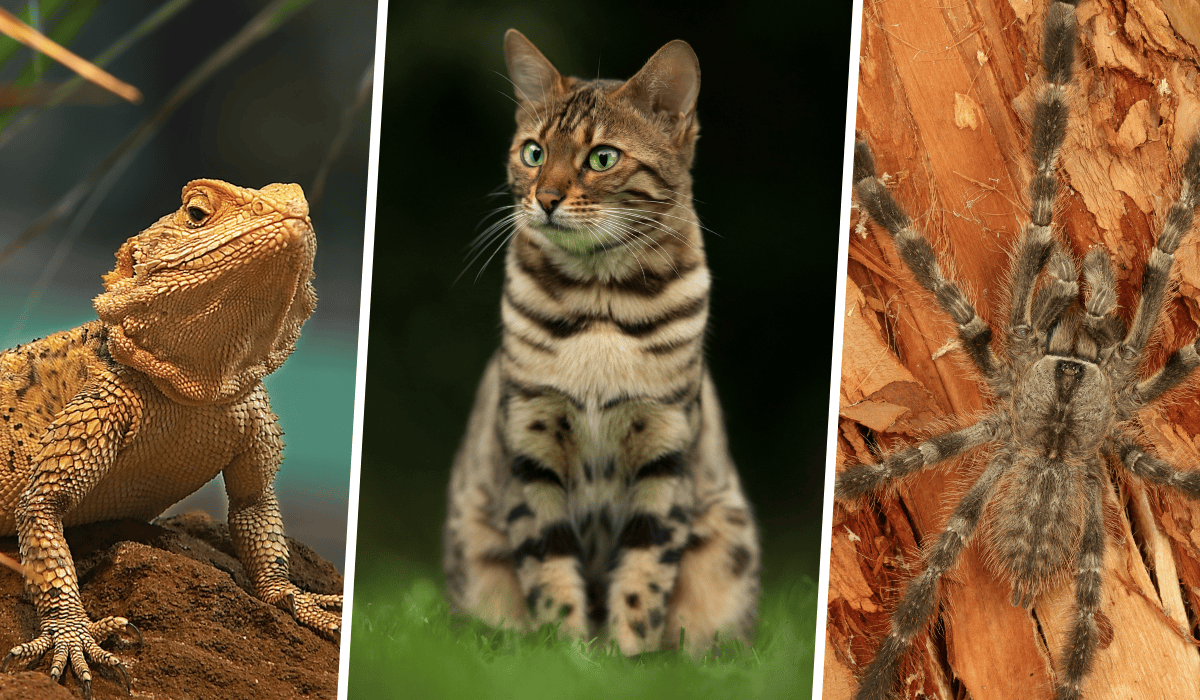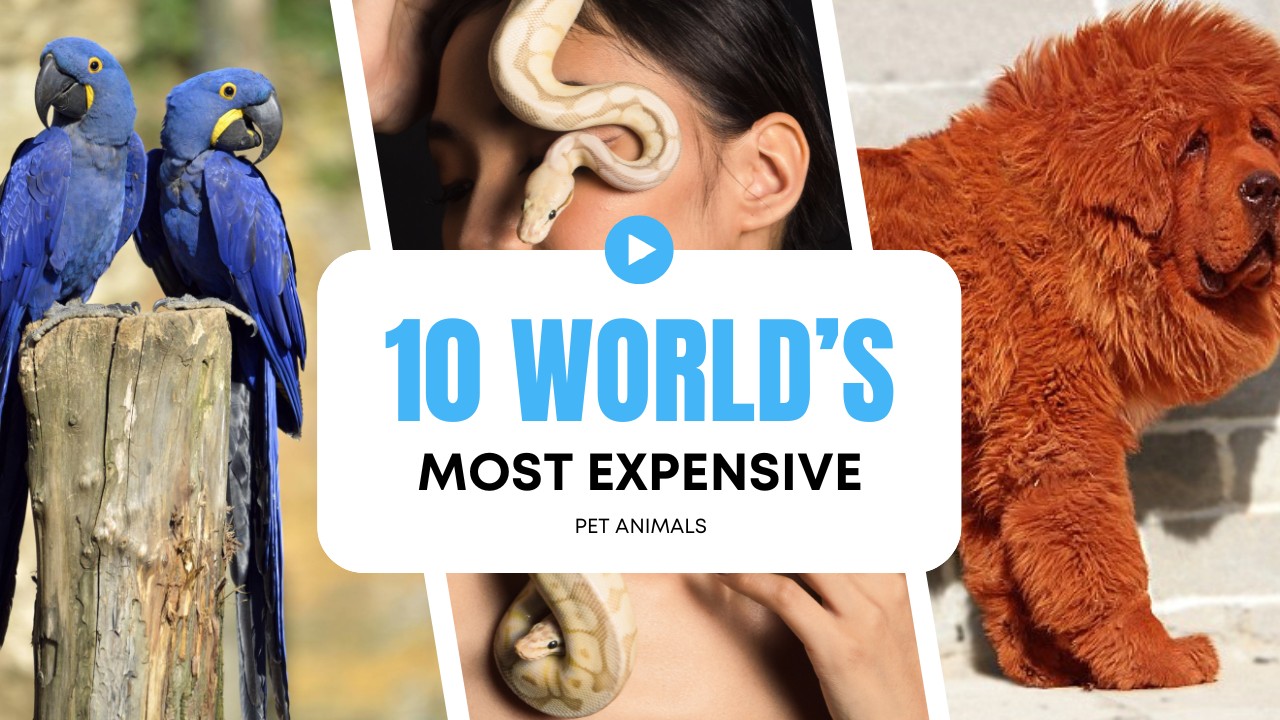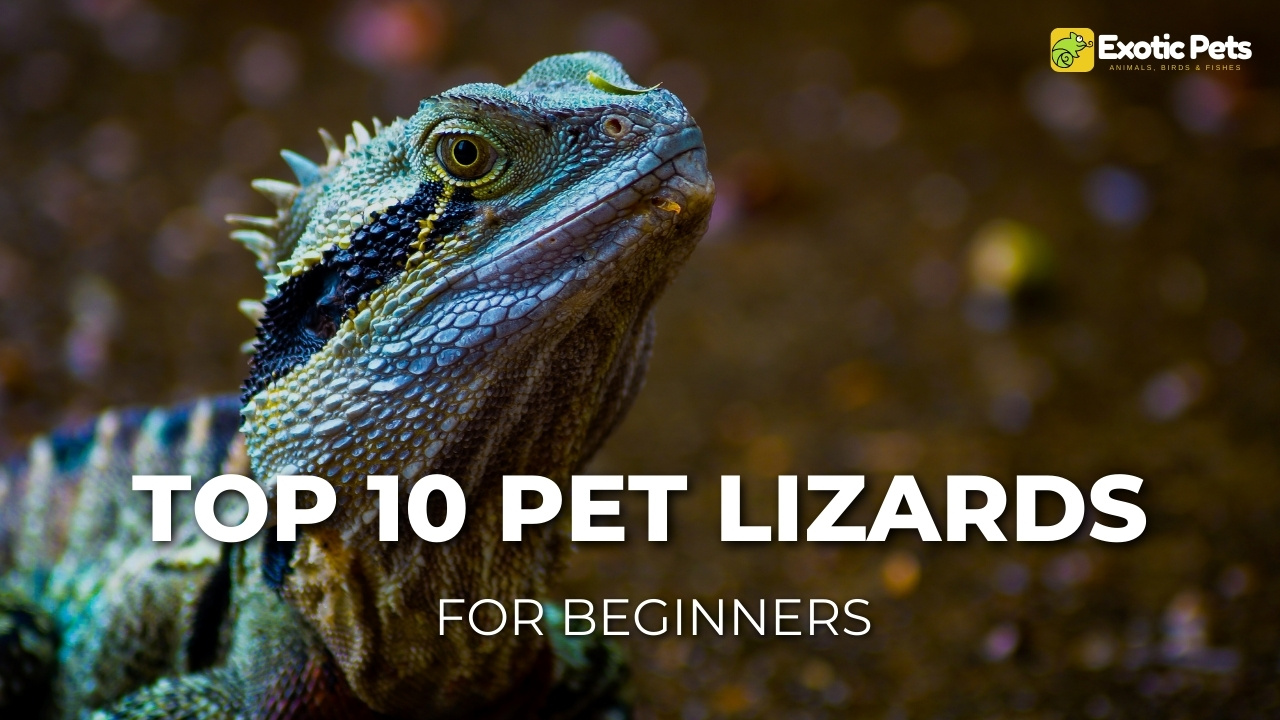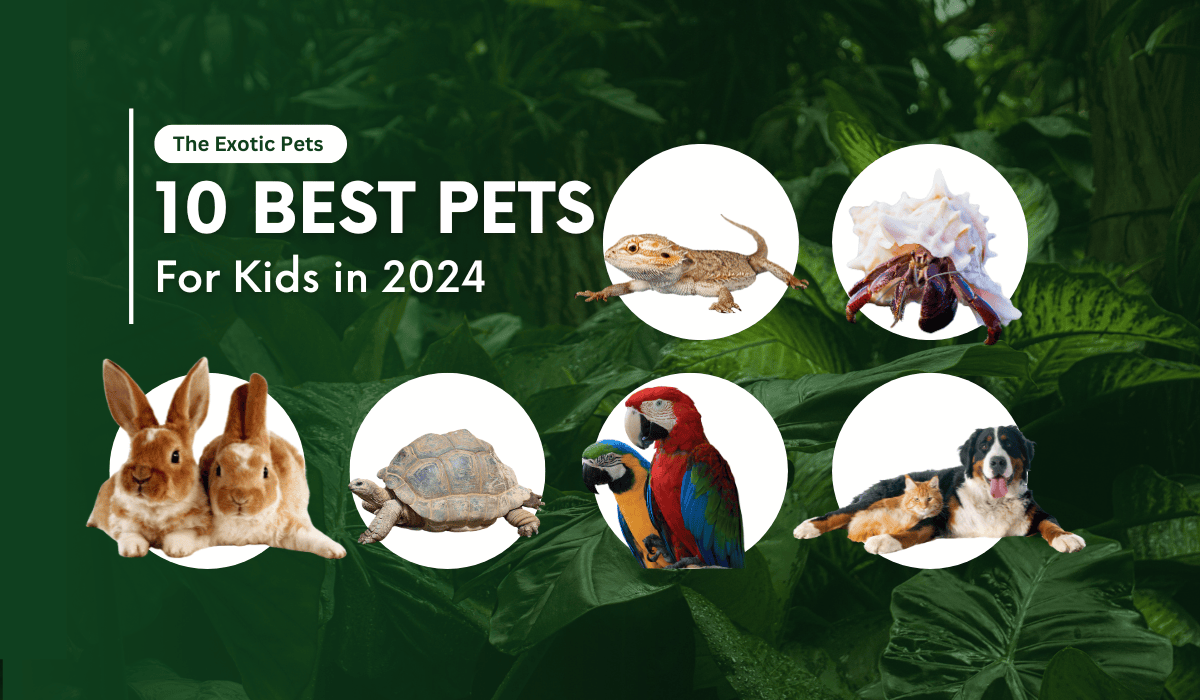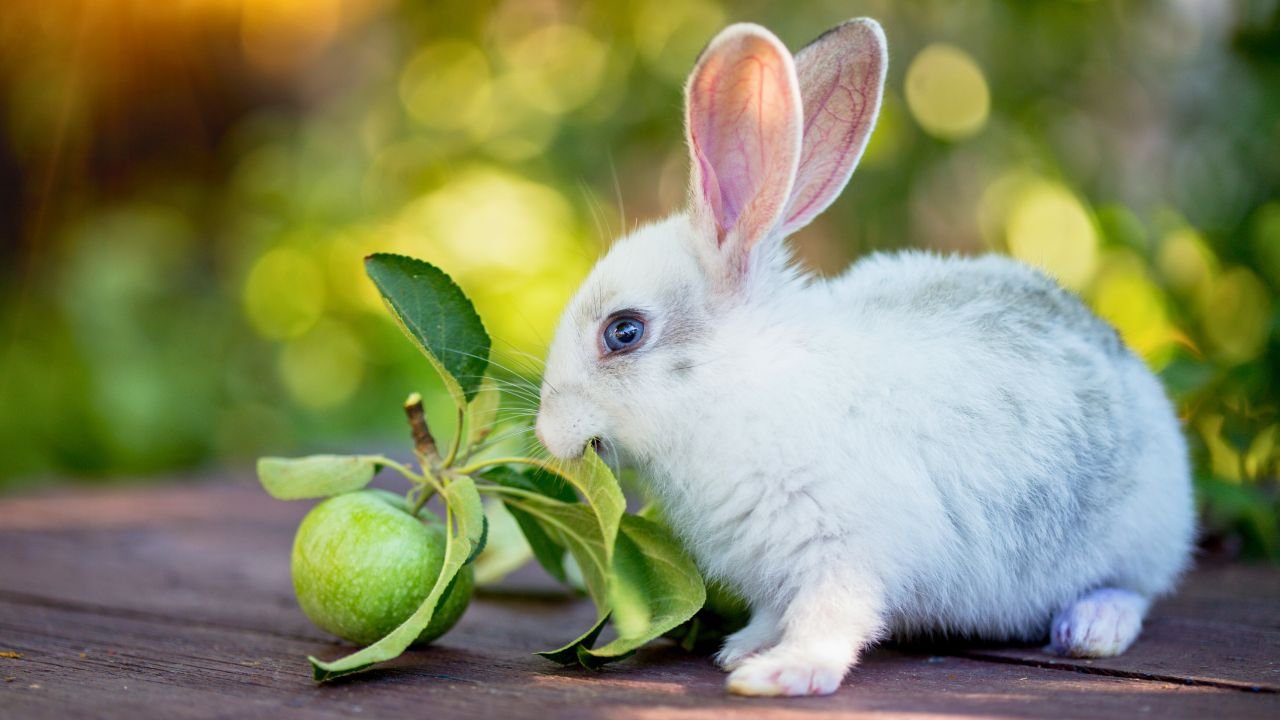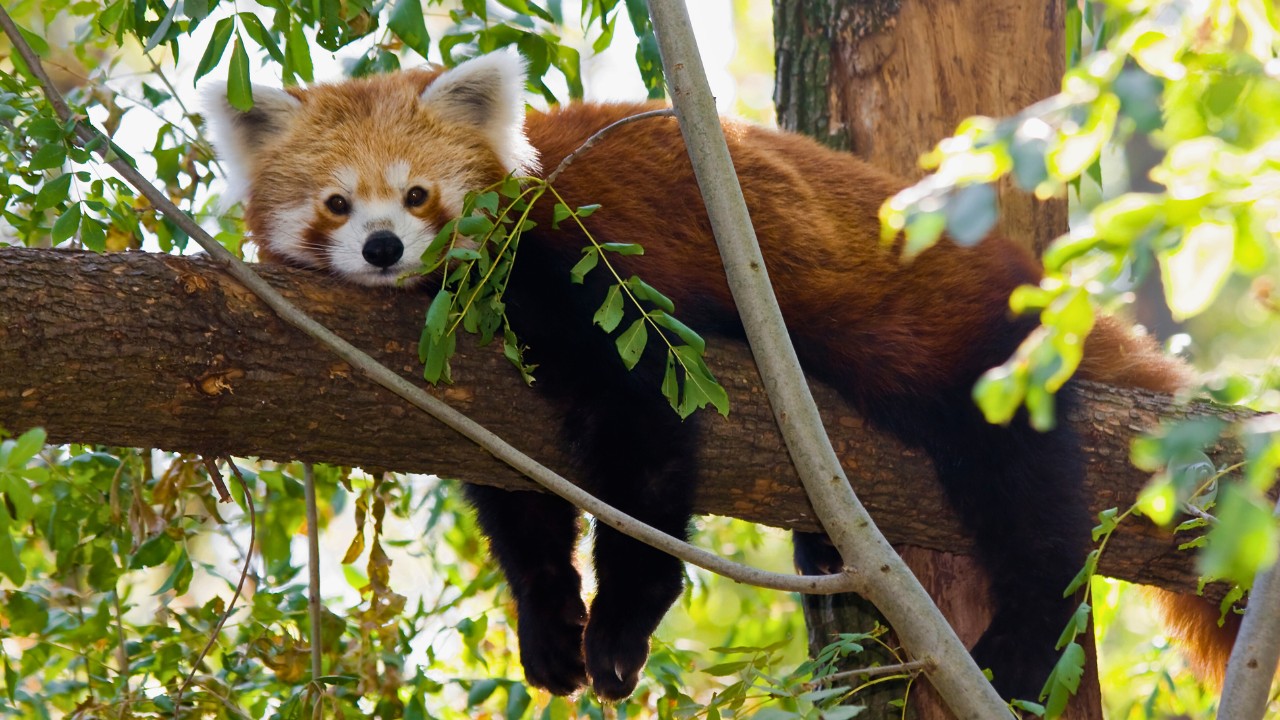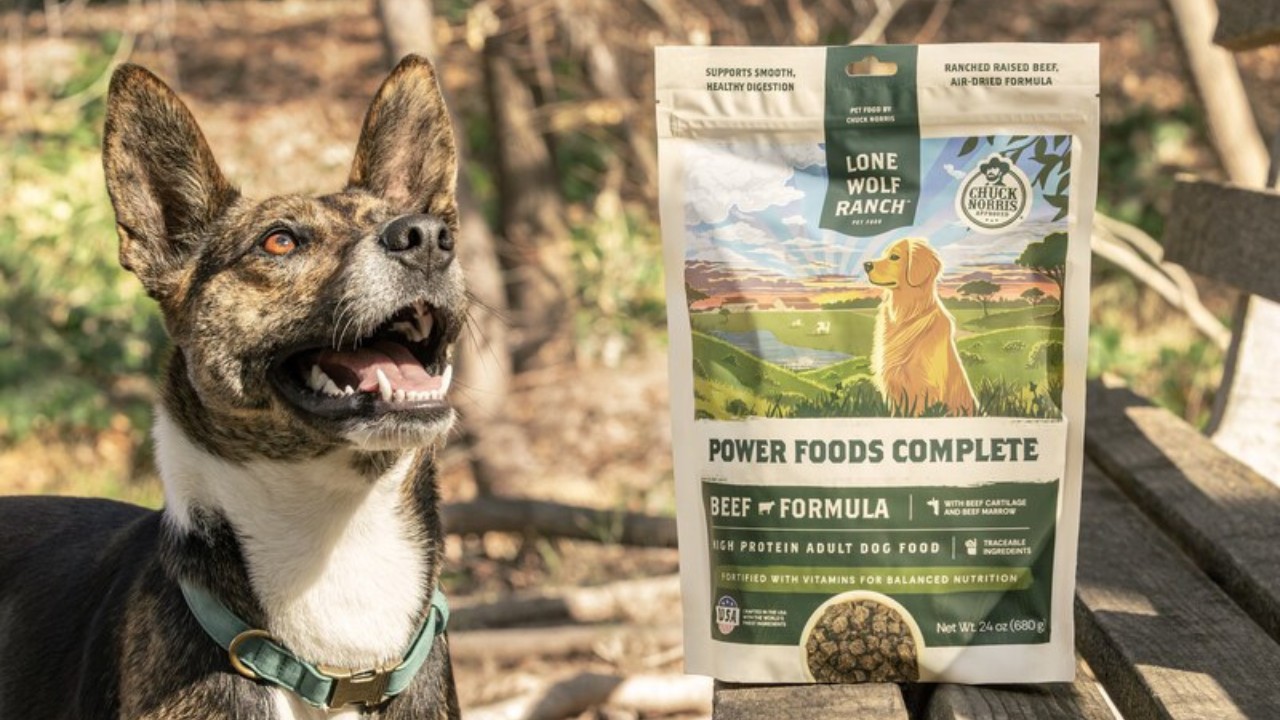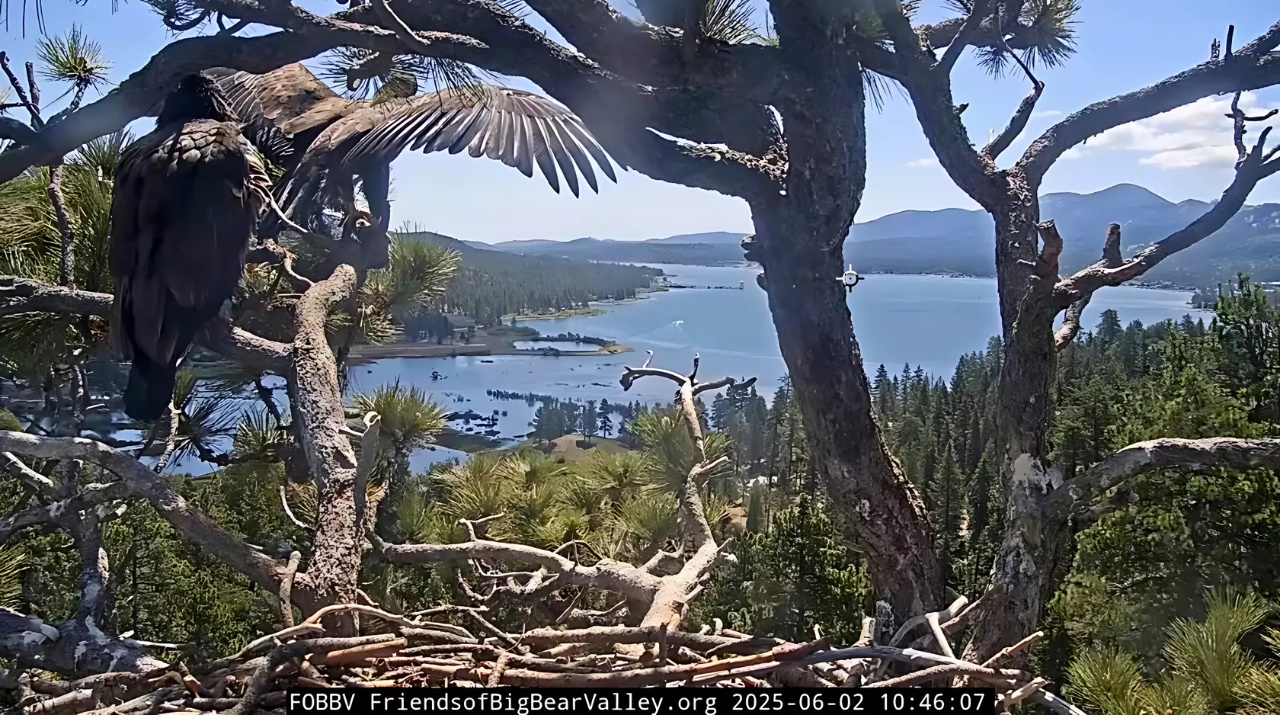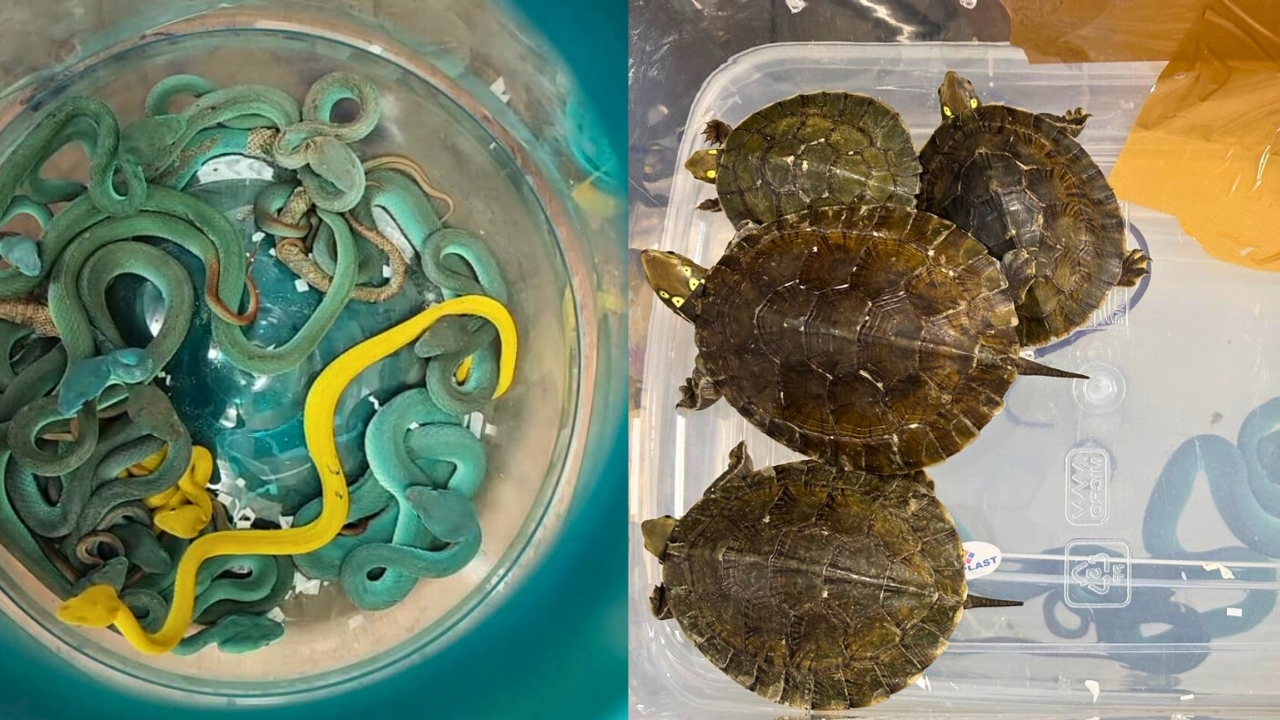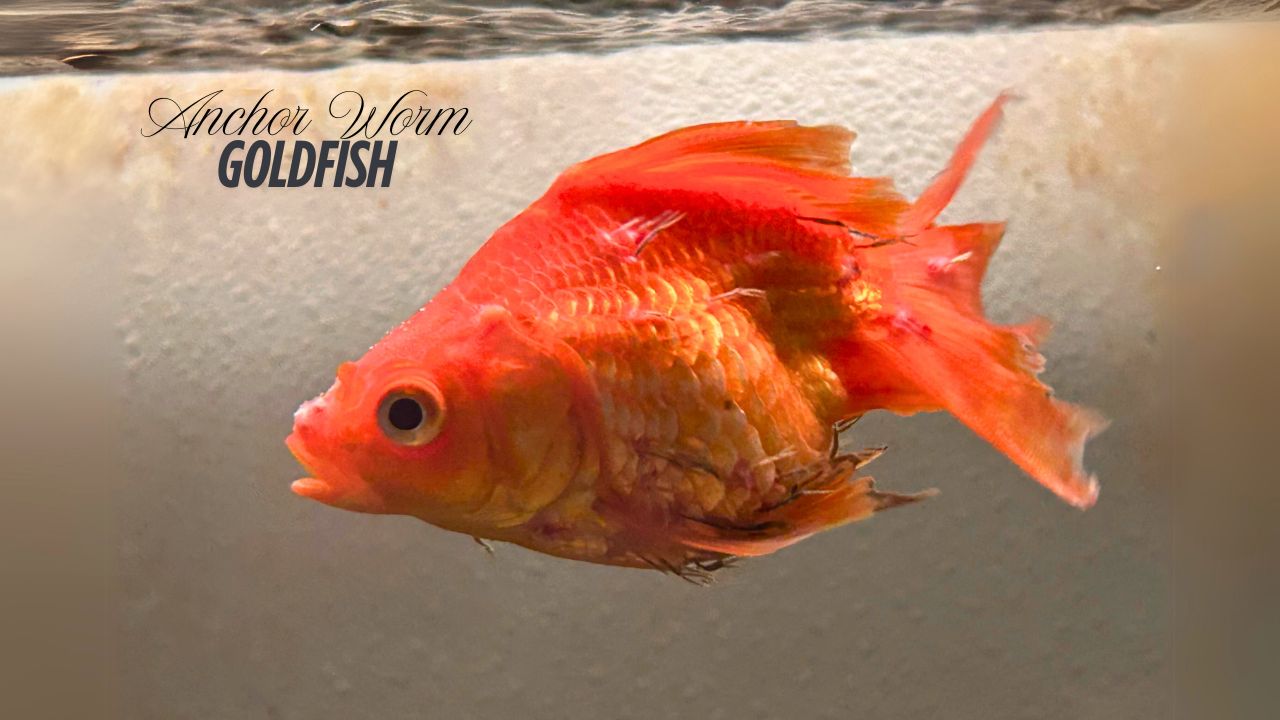Who hasn’t dreamed of having an exotic animal as a pet? In recent years, the quest for unique and unconventional pets has become increasingly popular among animal lovers. While owning a tiger or bear might be off the table (and for good reason!), many unique animals can legally and ethically become part of your family. The growing interest in unique pets stems from a desire for companionship that’s a little different, a touch more wild. But these aren’t your average pets; they require specialized care and commitment.
In this article, we’ll delve into ten unique animals you might not have considered as pets, their unique personalities, and what it takes to provide them with a fulfilling life.
The Rise of Unconventional Pets
The desire for unique pets has grown significantly in the past decade, coinciding with increased global connectivity and awareness of different species. This trend is particularly prevalent in urban areas where space is limited, and traditional pets like dogs and cats may not be feasible. People are drawn to unique pets for various reasons: some seek a distinctive companion, others are intrigued by the care and interaction these animals require, and some are passionate about conservation and education.
Also Read: 10 Small Exotic Pets That Are Easy To Take Care For Beginners
10 Unique Pets You Might Not Have Considered
1. Axolotl: The Mexican Walking Fish
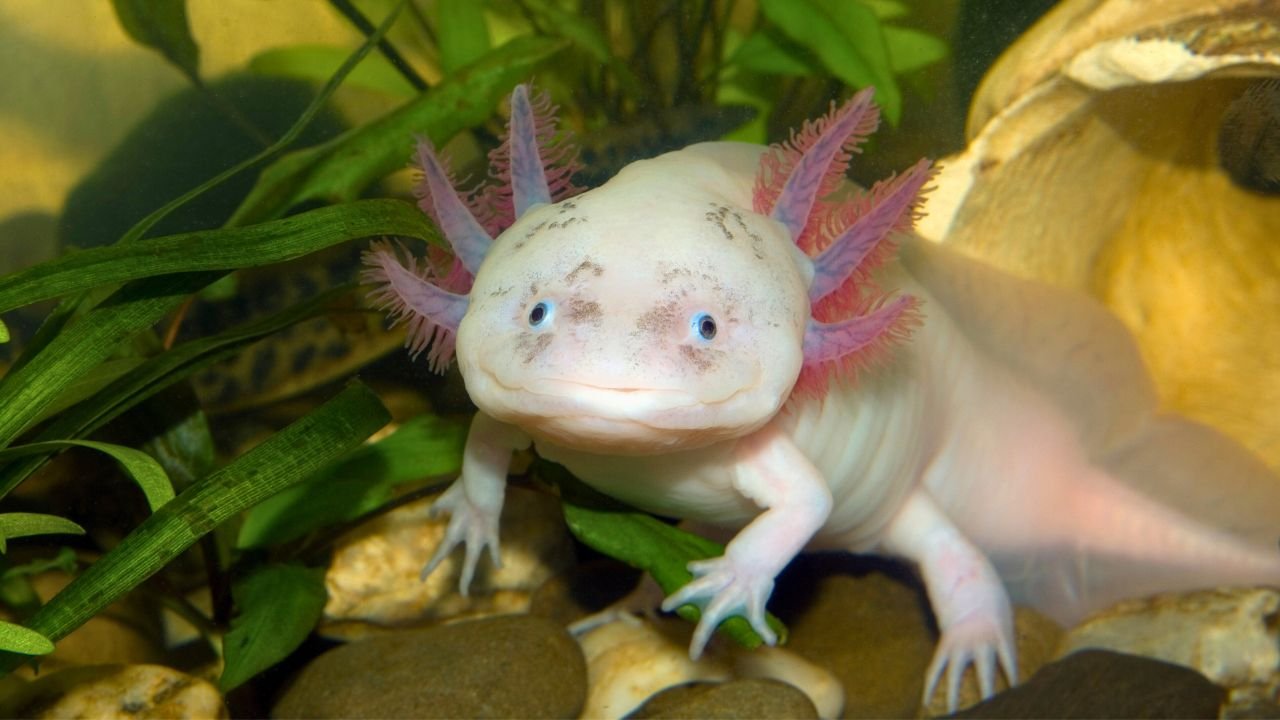
Axolotls, often referred to as Mexican walking fish, are actually amphibians native to Mexico. These fascinating creatures are known for their regenerative abilities, meaning they can regrow limbs and even parts of their spinal cord. Axolotls are aquatic and require a well-maintained tank with appropriate water conditions. They are low-maintenance and can live for over ten years, making them an excellent choice for those looking for a unique and long-term companion.
2. Sugar Glider: The Gliding Marsupial
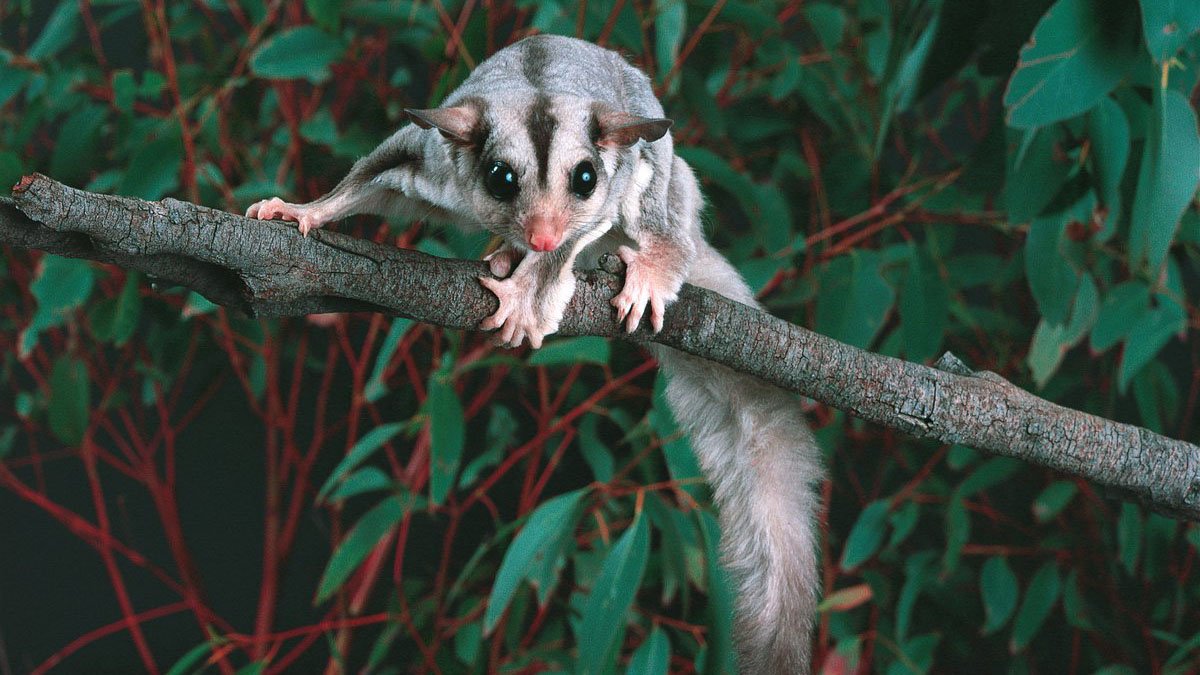
Sugar Gliders are small, nocturnal marsupials native to Australia. They are known for their ability to glide through the air, thanks to a membrane stretching from their wrists to their ankles. These social animals thrive in groups and require a lot of interaction with their owners. Sugar Gliders have a unique diet, including fresh fruits, vegetables, and specialized pellets. They need a tall cage to accommodate their gliding and climbing habits.
3. Hedgehog: The Prickly Companion
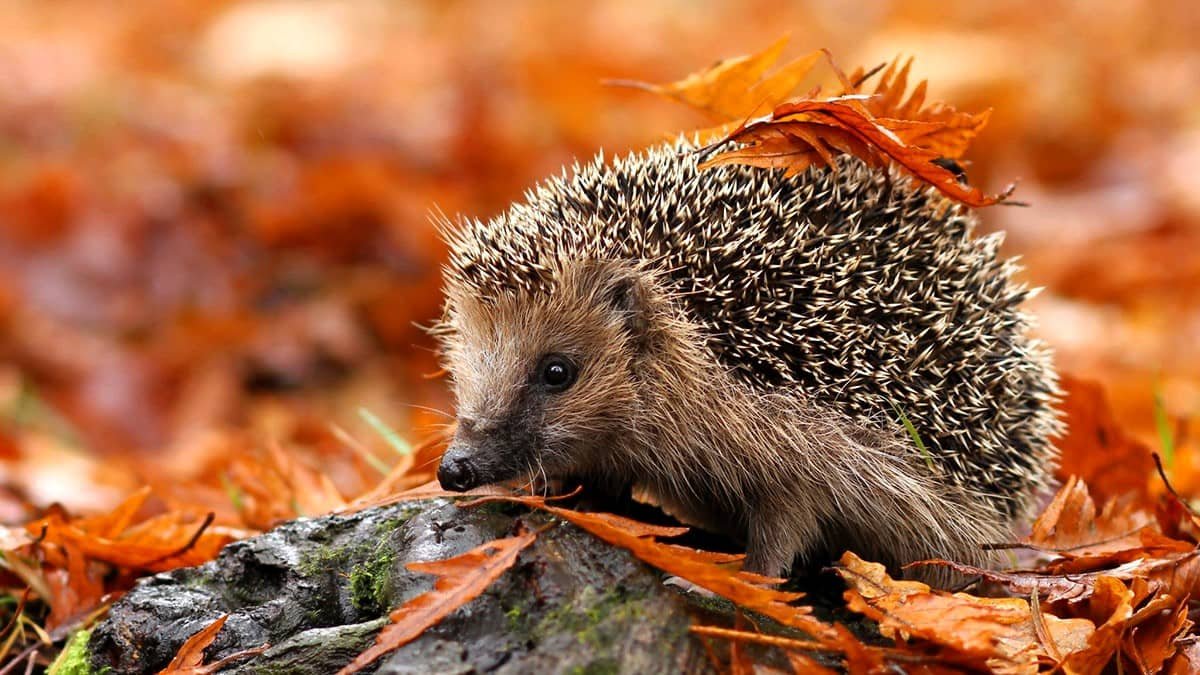
Hedgehogs are small, spiky mammals known for their unique defense mechanism of rolling into a ball. These nocturnal animals are relatively low-maintenance, making them suitable for busy individuals. Hedgehogs have specific dietary needs, including insects, fruits, and specialized food pellets. They require a warm, secure habitat and regular interaction to remain friendly and sociable.
4. Tarantula: The Exotic Arachnid
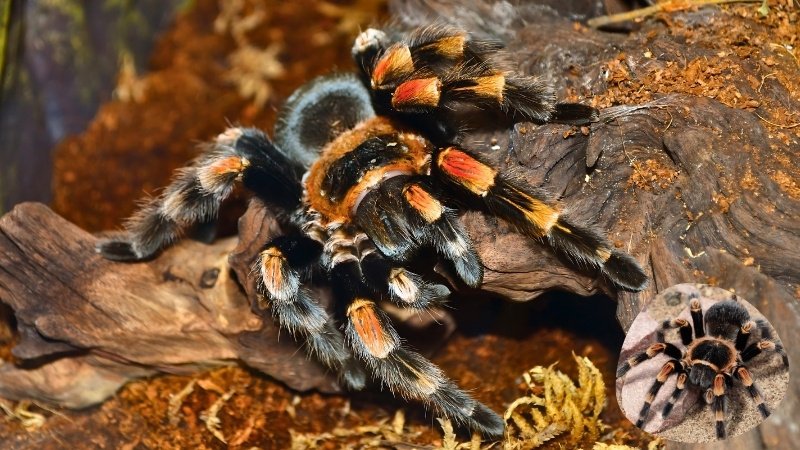
Tarantulas, often feared due to their appearance, are fascinating and low-maintenance pets. These spiders come in various species, each with unique care requirements. Tarantulas need a terrarium with proper humidity and temperature control. They are carnivorous, primarily feeding on insects. While they are not typically handled, observing their behavior can be rewarding for enthusiasts.
5. Capybara: The World’s Largest Rodent
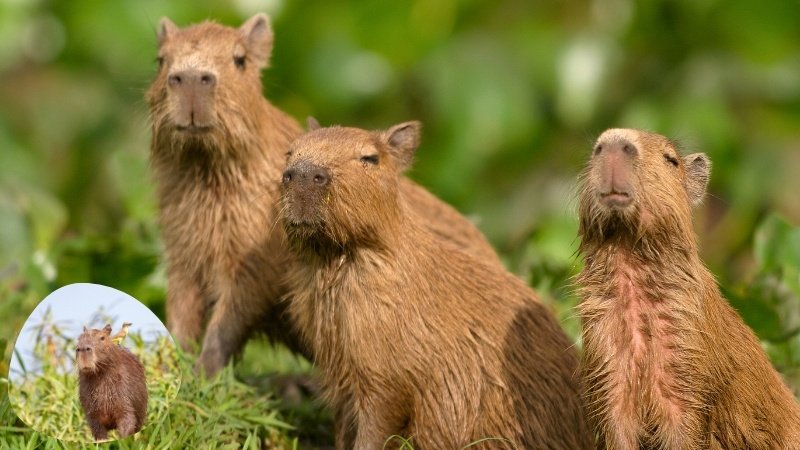
Capybaras are gentle giants, often compared to large guinea pigs. Native to South America, these social animals are semi-aquatic and enjoy swimming. Capybaras are herbivores and require a diet rich in fresh vegetables, fruits, and high-quality hay. They thrive in environments with plenty of space and access to water. Due to their social nature, they are best kept in pairs or groups.
6. Fennec Fox: The Desert Dweller
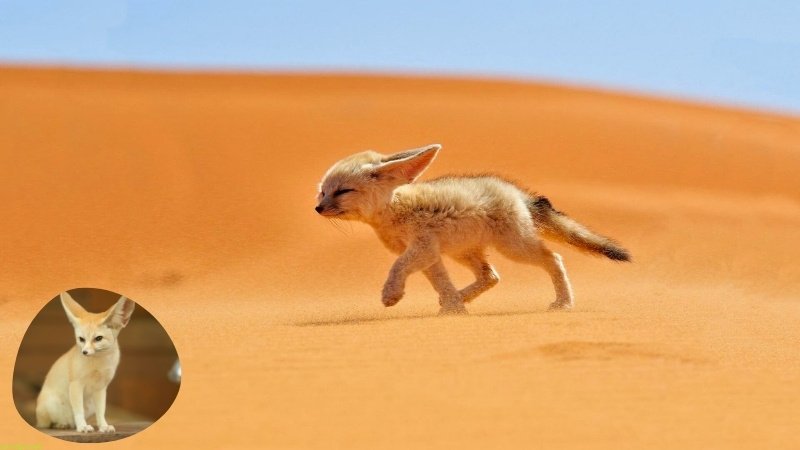
The Fennec Fox, native to the Sahara Desert, is the smallest fox species but has large ears that help dissipate heat. These nocturnal animals are highly active and require a lot of space to play and explore. While they can be affectionate, Fennec Foxes are not typical lap pets and require a lot of care and attention. Their diet consists of a mix of meat, fruits, and vegetables, and they need a safe, enclosed environment to prevent escape.
7. Pygmy Goat: The Miniature Farm Animal

Pygmy Goats are small, hardy animals that make excellent pets for those with space for outdoor enclosures. These social creatures thrive in groups and are known for their playful and curious nature. Pygmy Goats require a balanced diet of hay, grains, and fresh vegetables. They also need regular grooming and access to veterinary care. Their charming personalities make them a unique and engaging pet choice.
8. Kinkajou: The Rainforest Dweller
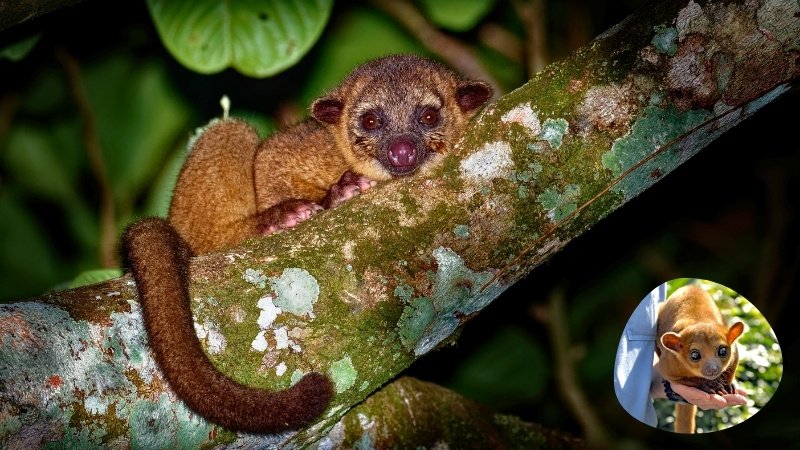
Kinkajous, also known as honey bears, are small mammals native to Central and South American rainforests. They are nocturnal and have prehensile tails that aid in climbing. Kinkajous are known for their playful and curious nature. They require a specialized diet, including fruits and nectar, and need a spacious environment to explore. Their care demands make them suitable only for experienced pet owners.
9. Chinchilla: The Soft-Furred Rodent
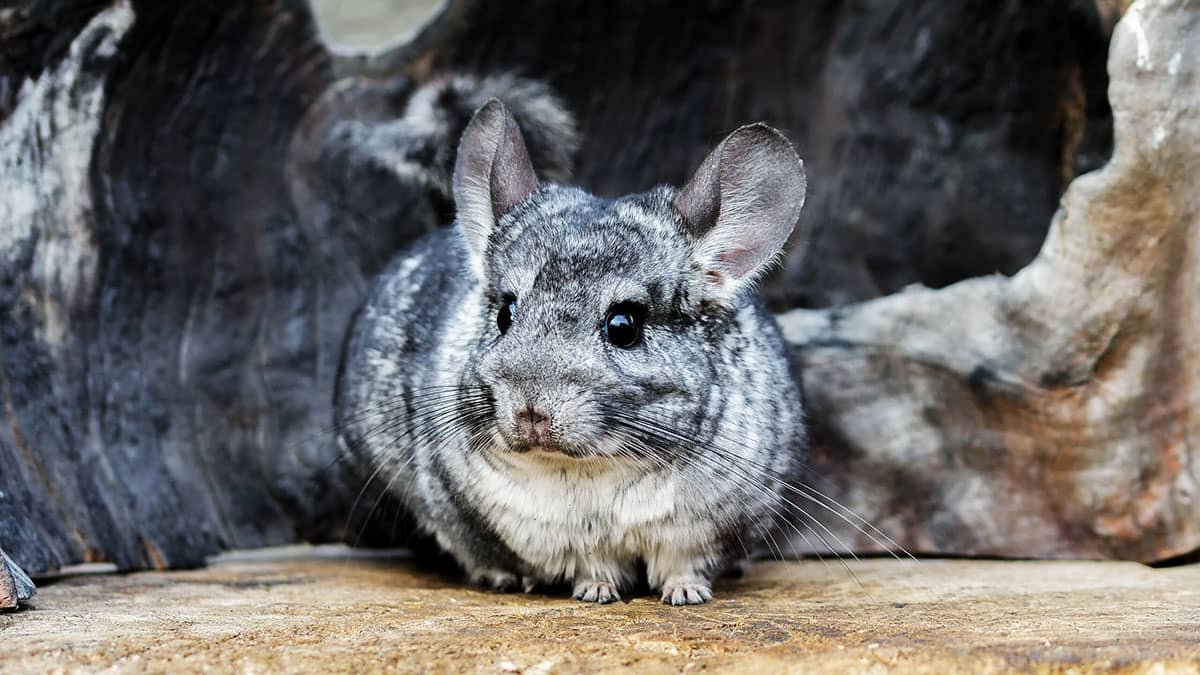
Chinchillas are small rodents known for their incredibly soft fur. Native to the Andes Mountains in South America, they are nocturnal and require a cool, dry environment. Chinchillas need a spacious cage with opportunities for climbing and exploring. They have specific dietary needs, including high-quality pellets and fresh hay. Due to their delicate fur, they should not be bathed in water but rather with special dust baths.
10. Bengal Cat: The Wild-Looking Domestic Cat
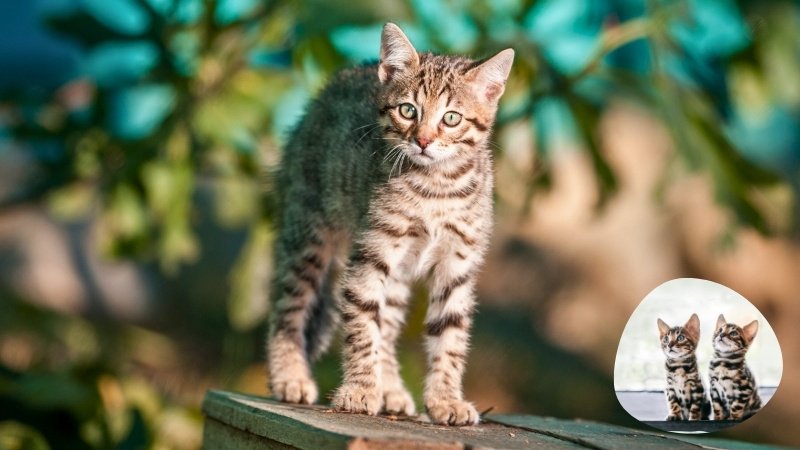
Bengal Cats are a hybrid breed, a cross between domestic cats and the Asian leopard cat. They are known for their striking, leopard-like spots and energetic personalities. Bengal Cats require a lot of mental and physical stimulation, making them suitable for active households. They have a diet similar to other domestic cats but may require more protein. Their wild appearance and playful nature make them a unique choice for cat lovers.
Choosing the Right Unique Pet
When considering a unique pet, it’s crucial to research their specific needs and ensure you can meet them. Many of these animals require specialized diets, environments, and veterinary care. It’s also essential to check local regulations, as some exotic pets may be restricted or require special permits. Moreover, potential owners should be prepared for the long-term commitment these pets often entail, as some have long lifespans.
Personal Experiences and Considerations
In my experience, owning a unique pet like a hedgehog or a chinchilla can be incredibly rewarding. These animals often form strong bonds with their owners and provide a sense of companionship that is different from more conventional pets. However, they also come with challenges, such as finding the right veterinary care or sourcing specific food items. Prospective pet owners should weigh the pros and cons and ensure they are fully prepared for the responsibility.
Final Thoughts
Unique pets offer an opportunity to form a special connection with an animal that few people experience. They can provide endless joy and fascination but require careful consideration and commitment. Whether you’re drawn to the playful antics of a capybara or the exotic appeal of a tarantula, the world of unique pets is vast and varied, offering something for everyone.
